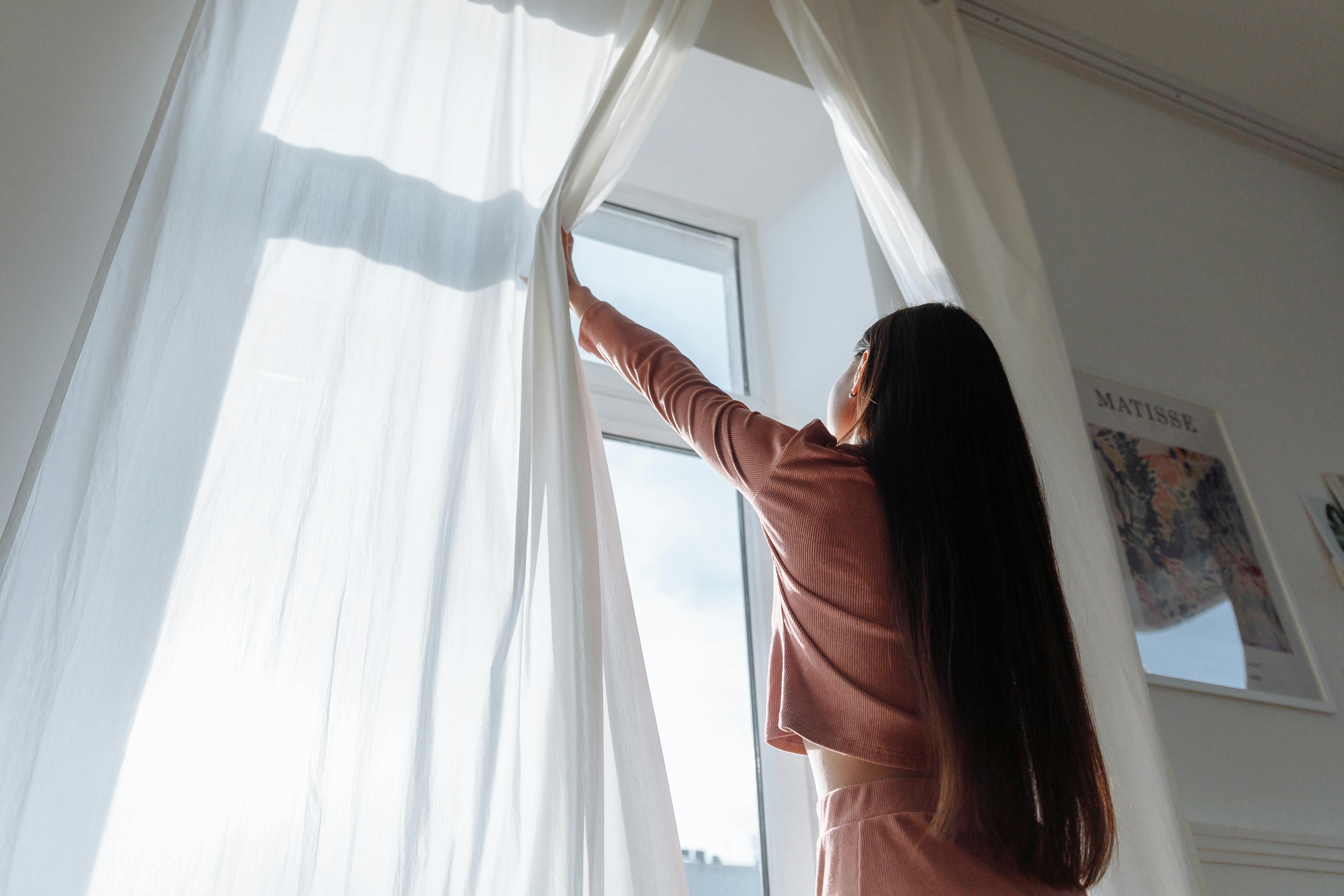
Leading Happiness Expert’s Morning Routine Includes a 4:30 am Wake-Up, 60 Minutes in the Gym and a High-Protein Breakfast
Arthur Brooks, a Harvard professor and columnist for The Atlantic, has shared a detailed six-step morning routine designed to boost happiness, focus and productivity throughout the day. Drawing on his extensive background in behavioral science, psychology and biology, Brooks developed a “morning protocol” that he says “is enhancing of my well-being,” explaining its benefits on his podcast Office Hours with Arthur Brooks.
Brooks begins each day before sunrise, waking at 4:30 a.m., a habit he says improves creativity, focus and memory. Within fifteen minutes, he moves to his home gym for a 60-minute workout that alternates between cardio and resistance training. He describes this physical activity as essential to setting a positive tone for the day and maintaining long-term energy and health.

Woman in the morning | Source: Pexels
Following exercise, Brooks engages in what he calls “analytical meditation,” often attending Mass or praying in his car. He said this practice helps him “calibrate the work of the soul.” For individuals who are not religious or do not practice formal meditation, Brooks recommends journaling for 20 to 30 minutes to achieve comparable benefits, such as increased self-awareness and emotional balance.
Brooks delays his first cup of coffee until 7:30 a.m. to avoid an afternoon energy slump, emphasizing that timing caffeine strategically supports sustained focus. His breakfast typically includes about 60 grams of protein, often Greek yogurt mixed with whey protein, walnuts and berries, which he says keeps him energized and full throughout the morning.
After completing these steps, Brooks enters what he calls a “flow state,” dedicating the morning to two hours of uninterrupted, high-quality creative work before checking emails or attending meetings. He encourages others to adapt his routine to their own needs. “Experiment on yourself,” he said. “This is the result of my experiments. You need the result of your experiments.”
The information in this article is not intended or implied to be a substitute for professional medical advice, diagnosis or treatment. All content, including text, and images contained on contraSpero.com, or available through contraSpero.com is for general information purposes only. contraSpero.com does not take responsibility for any action taken as a result of reading this article. Before undertaking any course of treatment please consult with your healthcare provider.